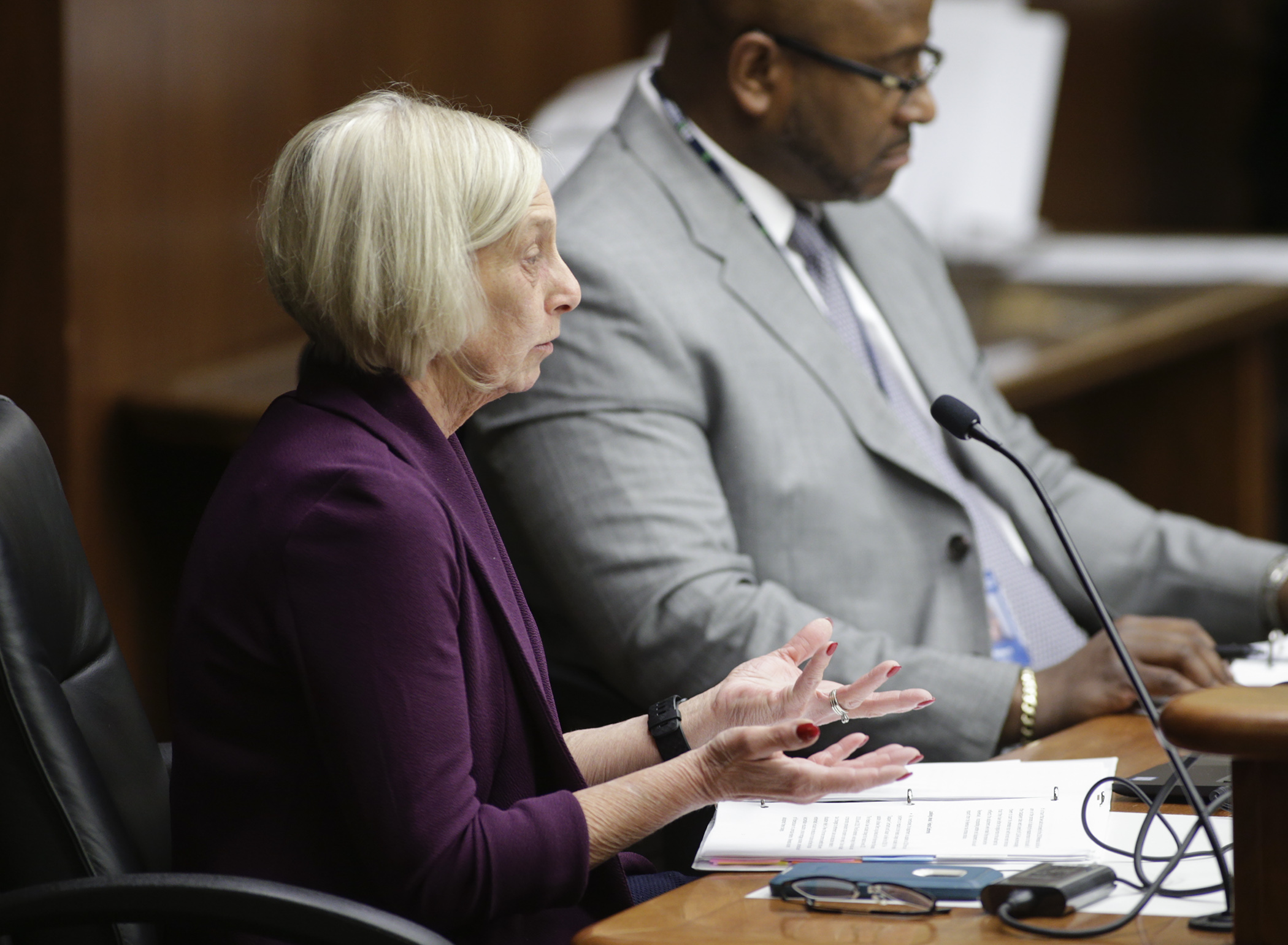Worried about tax law changes? Relax, Revenue is on it

When December rolls around, the thoughts of many turn to choosing Christmas gifts. For Congress, that month has meant passing significant tax law changes. There was the Tax Cuts and Jobs Act of 2017, and, this past December, Congress passed the Taxpayer Certainty and Disaster Tax Relief Act of 2019.
Yet having such legislation signed into law late in the year complicates matters for state revenue departments around the country, as they have to make adjustments to state tax forms that must be ready for filers to fill out by late January.
But, as Assistant Revenue Commissioner Cynthia Rowley testified at Wednesday’s meeting of the House Taxes Committee, her department was able to make the necessary changes to state tax forms to account for the new federal law before filing began on Jan. 27.
Minnesota had already made big changes in the 2019 tax law, including conformity to the federal tax code and a shift to using adjusted gross income on the individual income tax return. The state law also called for retroactive changes to tax years 2017 and 2018, and that meant revising 22,500 business tax returns for 2017 and ’18, and 77,000 individual tax returns for 2017, with 2018 returns still in progress and expected to be completed by the end of summer.
So how will the new federal law affect your state taxes in ensuing years? That remains to be seen, depending upon what action is taken by the Legislature this year.
“The (federal) bill extended a wide range of individual and corporate provisions that expired in prior years,” Rowley said. “It also included tax changes to retirement plans and deductions related to disaster relief. A few of the more common benefits that were extended included the deduction for tuition and fees for post-secondary education, private mortgage insurance, and the exclusion of foreclosure of a principal residence.”
Minnesota has not adopted those changes, and Rowley said the Department of Revenue encourages the Legislature and governor to wait until after the filing deadline to do so.
Related Articles
Search Session Daily
Advanced Search OptionsPriority Dailies
Legislative leaders set 2026 committee deadlines
By Lisa Kaczke Legislative leaders on Tuesday officially set the timeline for getting bills through the committee process during the upcoming 2026 session.
Here are the three deadlines for...
Legislative leaders on Tuesday officially set the timeline for getting bills through the committee process during the upcoming 2026 session.
Here are the three deadlines for...